Evaluating Home Solar Power Systems: A Cost Checklist
Are you ready to take control of your energy costs and make a positive impact on the environment? Evaluating home solar power systems can be a game-changer for you.
With this cost checklist, you’ll have all the information you need to make an informed decision. From the initial cost and maintenance expenses to financing options and tax credits, we’ve got you covered.
Let’s dive in and discover the benefits of harnessing the power of the sun for your home.
Initial Cost
Calculate your initial cost for installing a home solar power system.
The installation process involves several components, including solar panels, inverters, batteries, and mounting systems. These components are necessary to convert sunlight into usable electricity for your home.
The cost will vary depending on factors such as the size of your system and the complexity of the installation. To accurately estimate the initial cost, consider the number of panels needed to meet your energy needs, the type of inverter required, and any additional equipment like batteries for energy storage.
It’s important to factor in potential energy savings over time, as solar power can significantly reduce your monthly electricity bill. By understanding the installation process and analyzing the potential energy savings, you can make an informed decision about the initial cost of installing a home solar power system.
Maintenance Expenses
To maintain your home solar power system, you’ll need to consider ongoing maintenance expenses. Here are three key items to keep in mind when it comes to the maintenance of your system:
- Regular Maintenance Schedule: It’s essential to establish a maintenance schedule for your solar power system. This includes tasks such as cleaning the solar panels, inspecting the wiring and connections, and checking for any potential issues or malfunctions. Following a regular maintenance schedule ensures optimal performance and longevity of your system.
- Repairs Needed: Despite regular maintenance, there may be instances where repairs are necessary. This could include fixing or replacing damaged panels, repairing faulty wiring, or addressing any other issues that may arise. It’s important to factor in the potential cost of repairs when considering the overall maintenance expenses of your solar power system.
- Professional Assistance: In some cases, you may require professional assistance for maintenance tasks or repairs. Hiring a qualified solar technician ensures that the necessary work is done correctly and efficiently, reducing the risk of further damage and ensuring the safety and effectiveness of your system.
Financing Options
Consider exploring various financing options to help you afford your home solar power system.
One option to consider is solar panel leasing, where you can lease the solar panels instead of purchasing them outright. With this option, you pay a monthly fee to the leasing company for the use of the panels, and they’re responsible for maintenance and repairs. This can be a good option if you don’t have the upfront funds to purchase the panels.
Another financing option is a power purchase agreement (PPA), where a third-party company installs the solar panels on your property and sells you the electricity they produce at a predetermined rate. This allows you to benefit from solar power without the upfront costs of purchasing the panels.
Both solar panel leasing and power purchase agreements provide alternative ways for you to afford and benefit from a home solar power system.
Return on Investment
If you have chosen to finance your home solar power system through leasing or a power purchase agreement, it’s important to evaluate the return on investment. Here are three key factors to consider:
- Energy savings: Calculate the amount of money you’ll save on your monthly energy bills. With solar power, you can significantly reduce or eliminate your reliance on the grid, resulting in substantial savings over time.
- Environmental impact: Solar energy is a clean, renewable source of power that reduces greenhouse gas emissions and helps combat climate change. By investing in a home solar power system, you’re making a positive contribution to the environment and reducing your carbon footprint.
- Long-term financial benefits: A well-designed and properly installed solar power system can increase the value of your home. Additionally, many states offer incentives, such as tax credits and rebates, which can further enhance your return on investment.
Considering these factors will allow you to make an informed decision about the financial benefits of investing in a home solar power system.
Tax Credits and Incentives
When evaluating the return on investment for your home solar power system, it’s essential to take into account the tax credits and incentives available to you. These incentives can significantly reduce the overall cost of installing and operating a solar power system.
One of the most common incentives is government rebates, which are financial incentives provided by federal, state, or local governments to encourage the adoption of renewable energy. These rebates can help offset the initial cost of purchasing and installing a solar power system.
Additionally, net metering is another incentive to consider. Net metering allows you to sell any excess electricity generated by your solar panels back to the grid, resulting in a reduction or elimination of your monthly electricity bill.
Conclusion
In conclusion, when evaluating home solar power systems, it’s essential to consider the initial cost, maintenance expenses, financing options, return on investment, and tax credits and incentives.
Taking into account these factors will help you make an informed decision about the feasibility and long-term benefits of investing in solar energy for your home.
By carefully analyzing the technical and analytical details, you can ensure a cost-effective and sustainable solution for your energy needs.
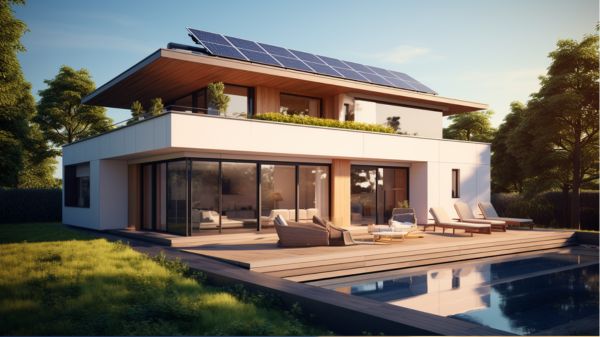
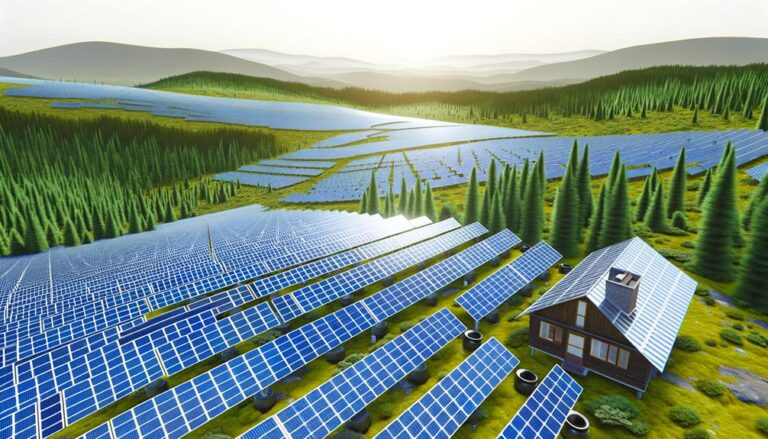
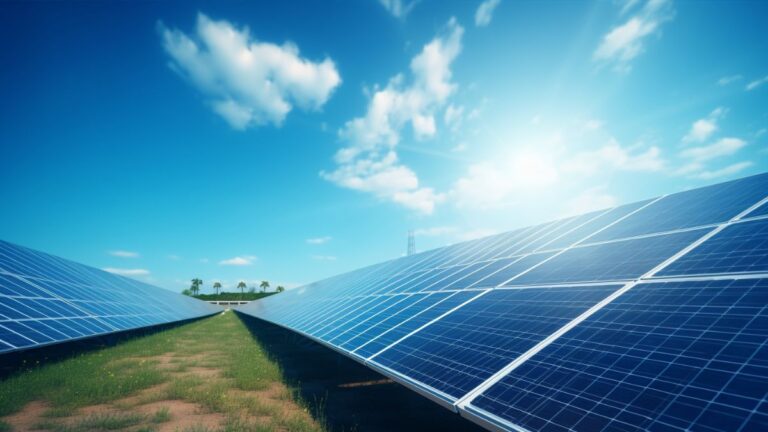
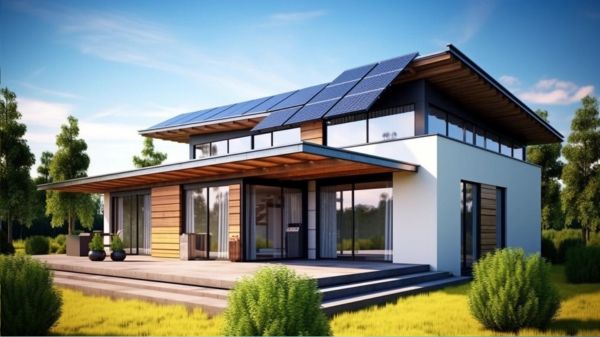
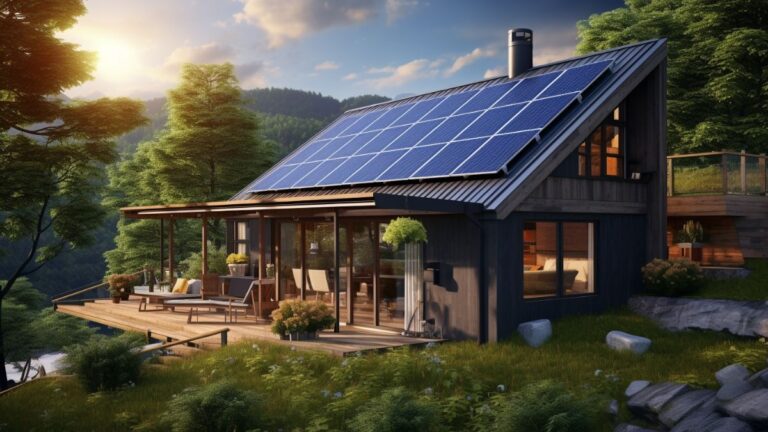
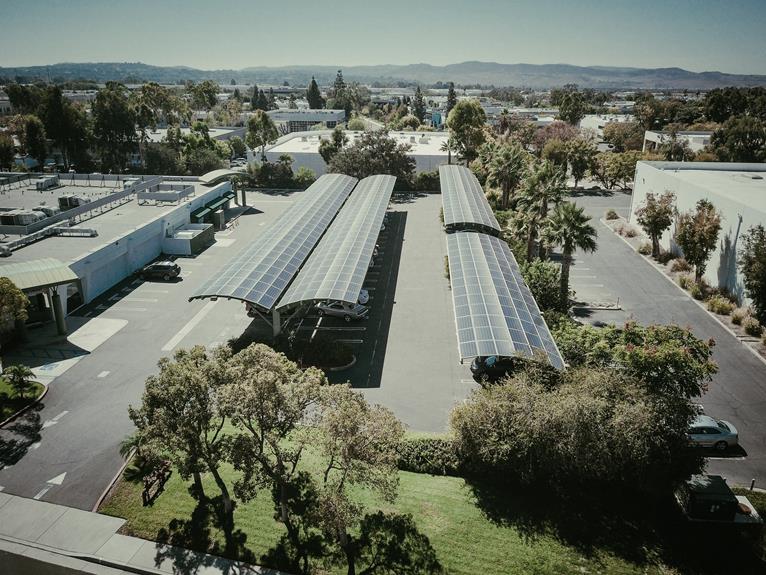

One Comment
Comments are closed.